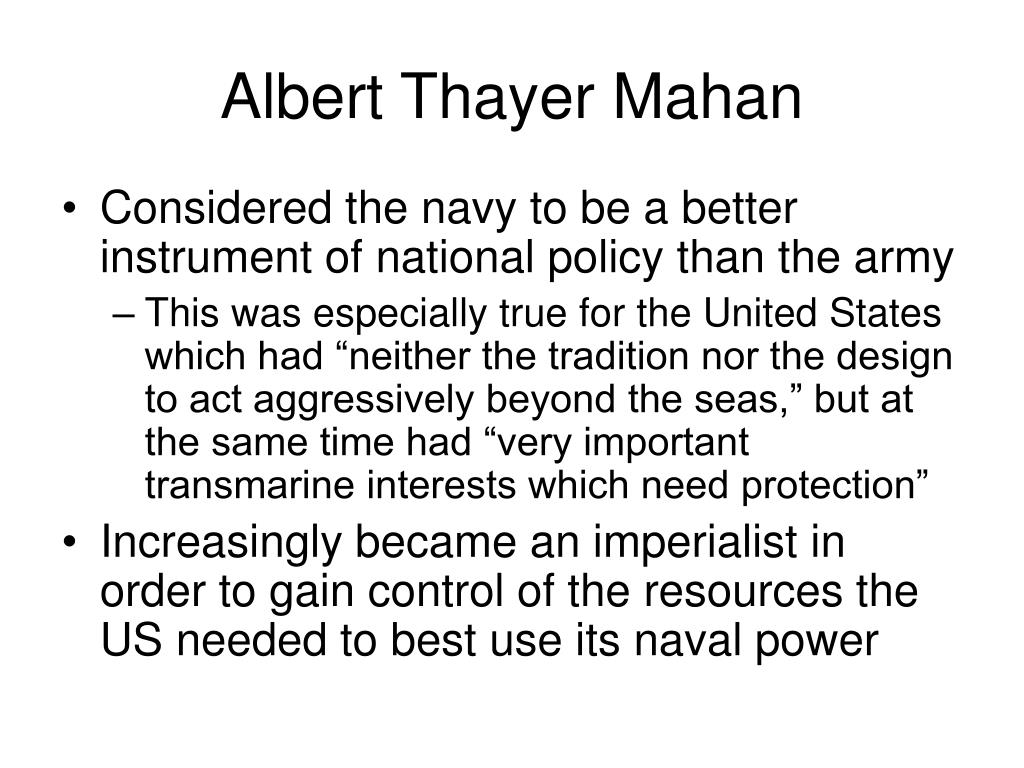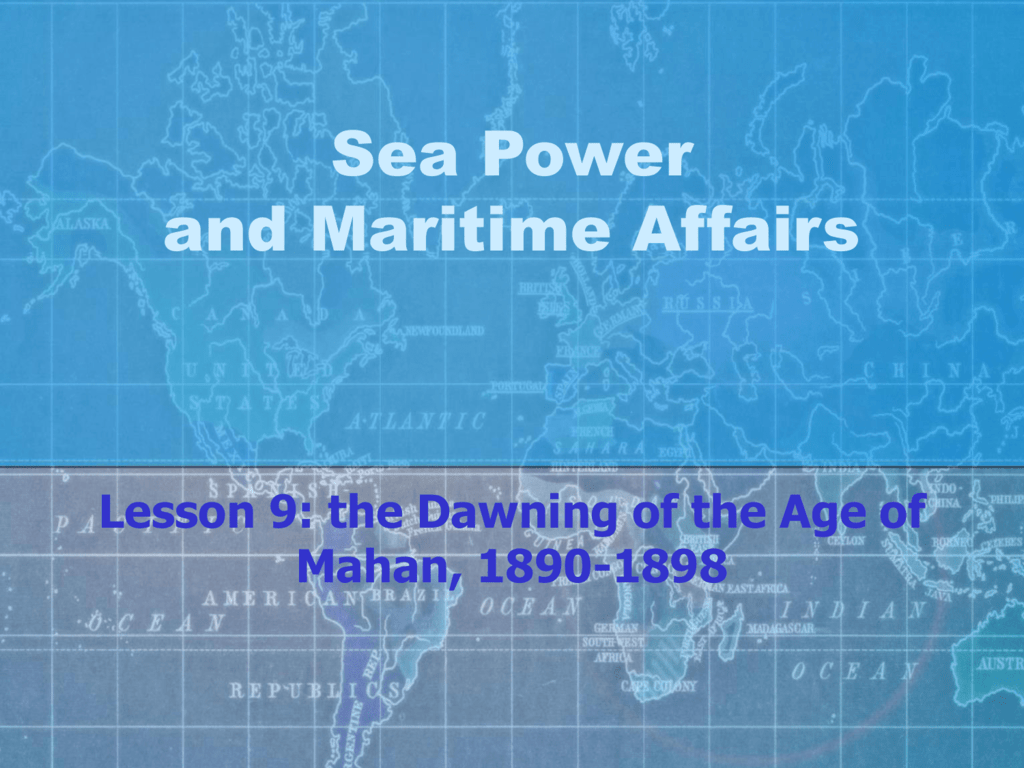
His histories emphasized the persistent nature of international conflict, particularly between great powers competing for access to trade and resources.
ALFRED T MAHAN THEORY SERIES
Over the course of a long second career, Mahan produced twenty‐one books, including eleven collections of essays, two naval biographies, two memoirs, and the famous Influence series that examined international history from 1660 to 1815. They quickly lost their heuristic value, becoming instead primers of international relations, force, and diplomacy. Originally, these were designed for his midlevel officer students.

In the years before his retirement in 1896, he prepared his most influential studies. From 1885 to 1893 he was assigned to the Naval War College, briefly as a professor and soon as president of the fledgling institution. Mahan's most famous and important work- The Influence of Sea Power upon History, 1660–1783-first published in 1890, suggests the main thrust of his historical efforts. His High Church Episcopal beliefs aggravated the disdain he felt for most people-naval officers, sailors, and foreigners alike. Most of his cruises were on the remote Pacific or Asiatic Squadrons, reinforcing his alienated nature and encouraging his chauvinistic views toward the peoples of the Pacific Basin. In successive postwar assignments, he rose slowly through the ranks without distinction.

His Civil War service was limited to blockade duty except for a few hours of combat during the assault on Port Royal. Prickly young Mahan completed two years at Columbia College before entering the U.S. Much of Mahan's forty‐year naval career passed with barely a hint of his future influence. In fact, by the 1906 all‐big‐gun battleship controversies, Mahan had already been outpaced by enthusiasts willing to go even further in defense of these behemoths of concentrated fire. naval doctrine has frequently been derived, Mahan himself aimed for accuracy and insight as much as for political or strategic influence. Though his writings were long ago distilled into dogma from which U.S. Mahan's studies range widely, incorporating innovative and resourceful historical research and analysis with the perceived strategic and political needs of his day.

Over the following quarter century, he wrote some of the most influential works on history and strategy ever produced. He also became a historian and strategic analyst upon his appointment to the new Naval War College in Newport, Rhode Island, in 1885. (1840–1914), naval officer and theorist.Born to Mary Okill and Dennis Hart Mahan, the latter a professor of civil and military engineering at West Point, Mahan became a career naval officer.


 0 kommentar(er)
0 kommentar(er)
